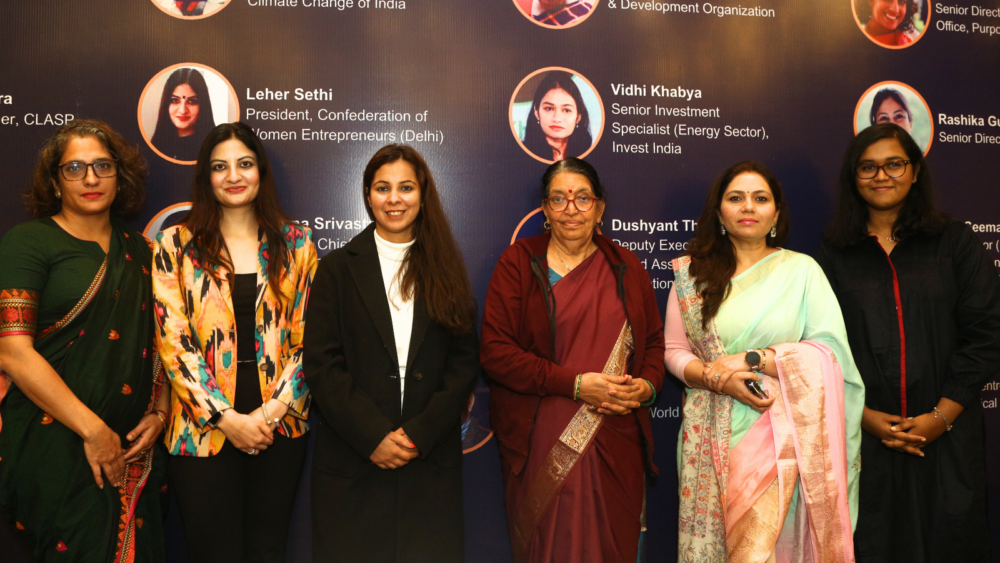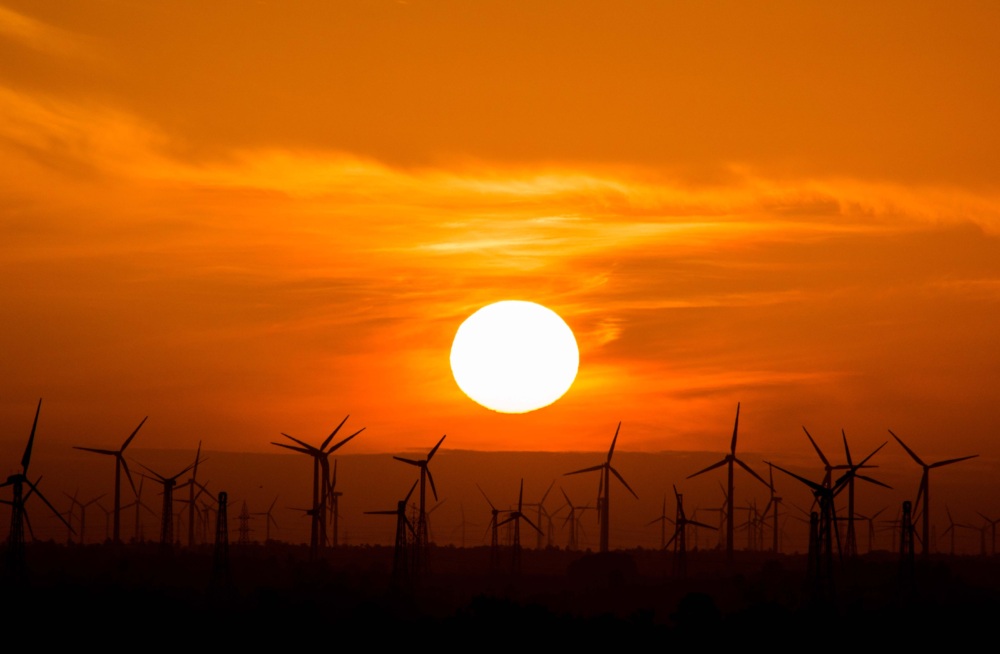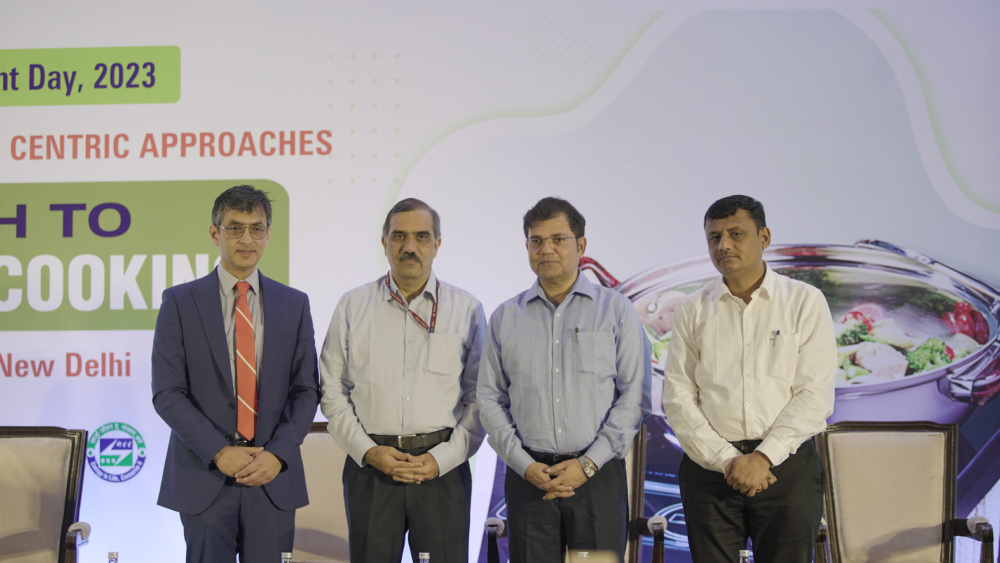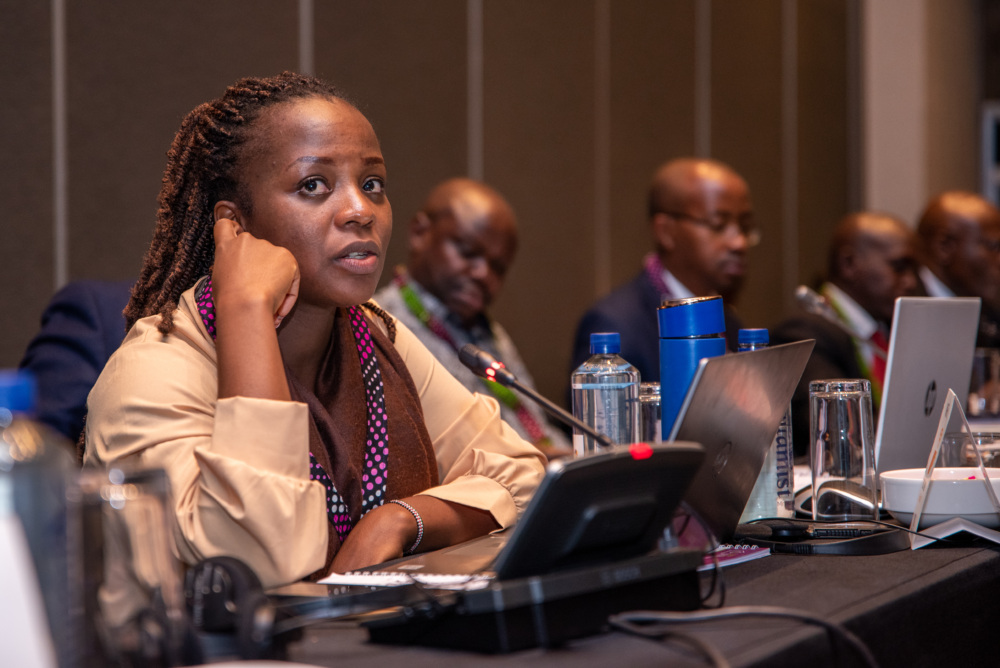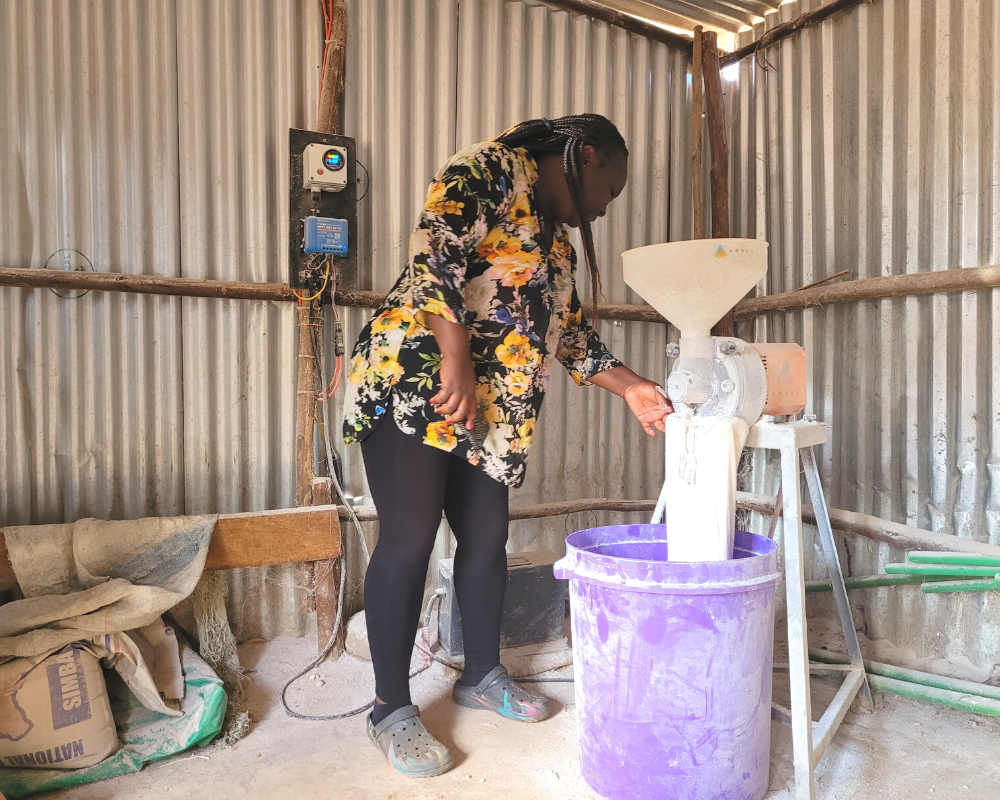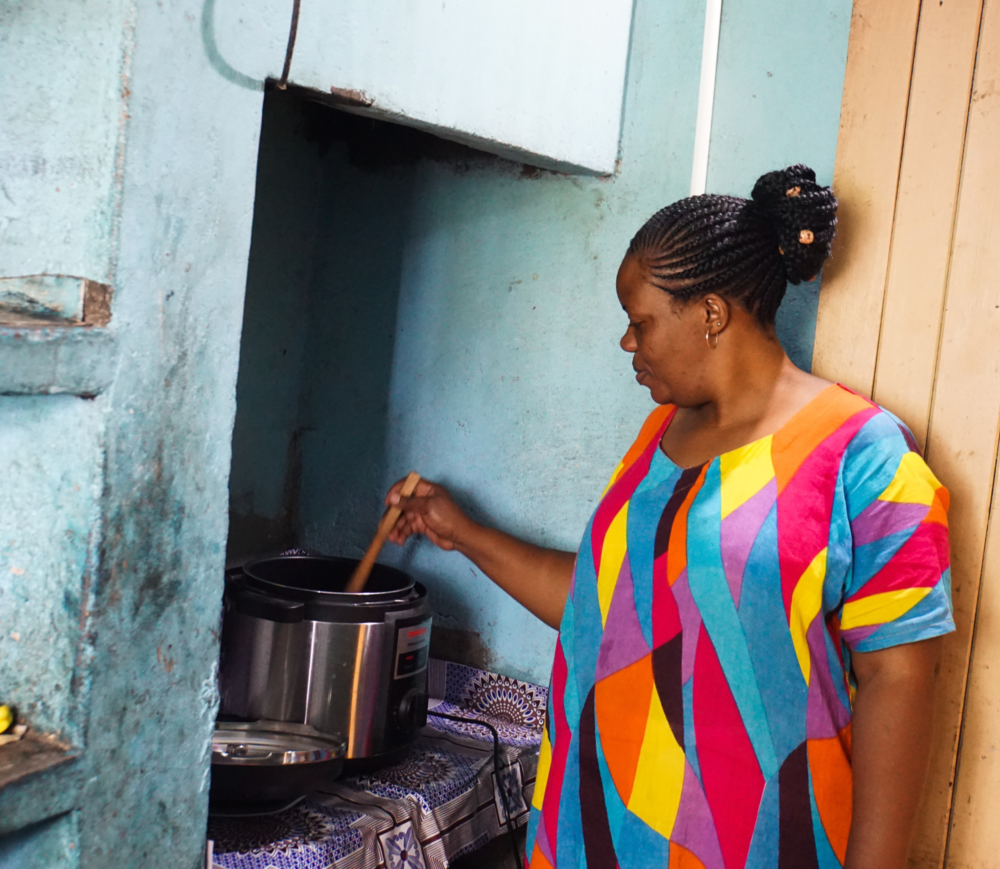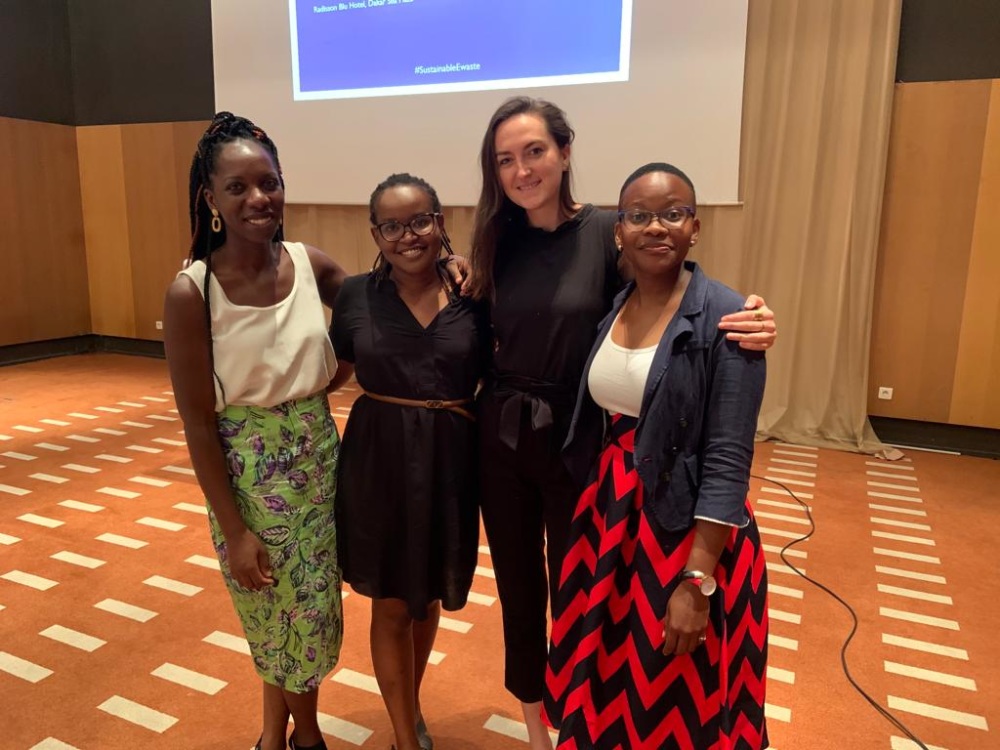For Women, By Women: Unlocking a More Inclusive, Gender-Diverse Energy Sector
On International Women’s Day, CLASP India’s Neha Dhingra, Moumita Chandra and Sumedha Awasthy reflect on the role of women in the energy sector, arguing for greater representation to ensure equitable access to energy services.

India’s G-20 presidency will be inclusive, ambitious, decisive, and action-oriented. India will strive to ensure that the G-20 acts as a global “prime mover” to envision new ideas and accelerate collective action over the next one year.Shri. Narendra Modi
Honourable Prime Minister of India
Recently, India’s PM Modi identified women-led development as a high priority for India’s G20 presidency, and created an engagement group “Women 20” focused on gender equity. While women’s contributions – including different perspectives and approaches to business – result in more inclusive and effective workplaces is widely acknowledged, today only 21 women are at the helm of Fortune 500 Companies.1
The energy sector represents a unique gender imbalance: energy remains one the least gender-diverse sectors, yet women experience the greatest obstacles in access to quality energy services. According to the IEA, the energy sector workforce has 76% fewer women than men, in contrast with the total global workforce gap of roughly 8%. Women make up only 32% of the renewable energy workforce: 28% hold STEM positions and 45% administrative jobs. The gender imbalance in the workforce is reflected in boardrooms and other leadership tiers, as women in the energy sector are far outnumbered by their male counterparts. A 2022 study of 155 countries revealed that 80% of senior management roles in the energy sector are held by men. Comparatively, fewer women are hired into senior roles in energy than in most other industries.
Women disproportionately shoulder the burden of energy poverty, yet poor representation means they are excluded from energy decision-making processes. Delivering energy services with a gendered lens can reduce drudgery, generate income, and promote women’s health and prosperity.
Equitable representation drives innovation and catalyses inclusive solutions. Experience in other sectors, and anecdotal evidence from the energy sector, suggest that women indeed have an important role to play in sustainable energy development. The World Energy Transitions Outlook 2022 report estimates that a 1.5°C-aligned energy transition will result in 139 million energy sector jobs worldwide by 2030. Of those jobs, 38.2 million will be in renewable energy and 74.2 million in other energy transition-related sectors (e-mobility, energy efficiency, etc.). The growth in the clean energy sector provides an opportunity to reskill and upskill a balanced and diverse transition workforce, inclusive of women at all levels of the workforce.
As we celebrate International Women’s Day, let’s not forget how crucial leadership across the gender spectrum is for a more equitable world. At CLASP and through our work, we recognize the important role that women play in promoting clean energy and reducing energy burden. Today and every day, we implore our partners to take action to promote greater gender equality in the energy sector.


